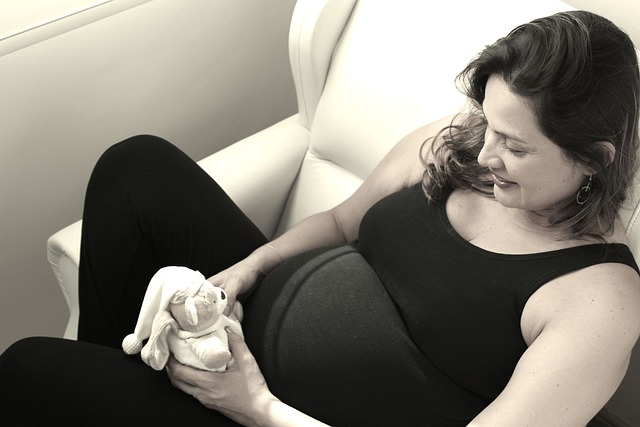Hey there! So, let’s talk about egg freezing, which is also known as oocyte cryopreservation. It’s become quite a popular choice these days, especially for women who want to focus on their careers or personal lives before starting a family. The beauty of this process is that it gives you the flexibility to plan for parenthood on your own terms, without the pressure of a ticking biological clock.
What Exactly is Egg Freezing?
Egg freezing involves extracting a woman’s eggs and freezing them to preserve fertility for the future. This method allows women to maintain their reproductive potential, giving them the option to conceive later in life—often into their late 30s or even 40s—using their healthiest eggs.
The best time to freeze your eggs is usually in your mid-to-late twenties. Eggs tend to be healthier and have a better chance of surviving the freezing process at this age. So, if you’re considering it, don’t wait too long!
How Long Can You Keep Eggs Frozen?
Good news: you can keep those eggs frozen essentially forever! They can be stored for up to 55 years, so you don’t have to rush into any decisions about starting a family.
Who Should Consider Egg Freezing?
There are many reasons someone might think about freezing their eggs:
- Career and Education: If you’re focused on your studies or climbing the corporate ladder, freezing your eggs can ensure you have viable options later.
- Personal Circumstances: Maybe you want kids but haven’t found the right partner yet. Egg freezing can give you peace of mind for the future.
- Health Concerns: For those facing medical issues, like cancer treatments that might affect fertility, egg freezing can help safeguard your reproductive options. Conditions such as endometriosis can also impact fertility, making this a viable option.
The Egg Freezing Process
Here’s a quick rundown of how it works: First, a fertility specialist will evaluate your ovarian reserve to determine how many eggs can be retrieved. This involves blood tests and ultrasounds. Once that’s done, hormonal medications are used to stimulate your ovaries.
During the retrieval procedure, a needle is inserted into the ovarian follicles under ultrasound guidance to collect the eggs. If necessary, a small incision may be made for accessibility. After retrieval, the eggs are immediately prepared for freezing using a special solution to ensure they’re preserved correctly.
When you’re ready to use your frozen eggs, they’re thawed and fertilized, usually through a method called intracytoplasmic sperm injection (ICSI). The fertilized eggs are then monitored and can be transferred to the uterus via an embryo transfer procedure.
Ready to Explore Your Options?
Egg freezing is a fantastic way to take control of your reproductive future. If you’re curious about your options, definitely check out some resources like this great blog post and visit Make a Mom for more insights on home insemination kits. For more detailed information on pregnancy methods, Cleveland Clinic offers an excellent resource.
In summary, egg freezing is a valuable option for anyone looking to preserve their fertility. It allows you to take charge of your reproductive timeline and gives you the freedom to focus on other life goals first.

